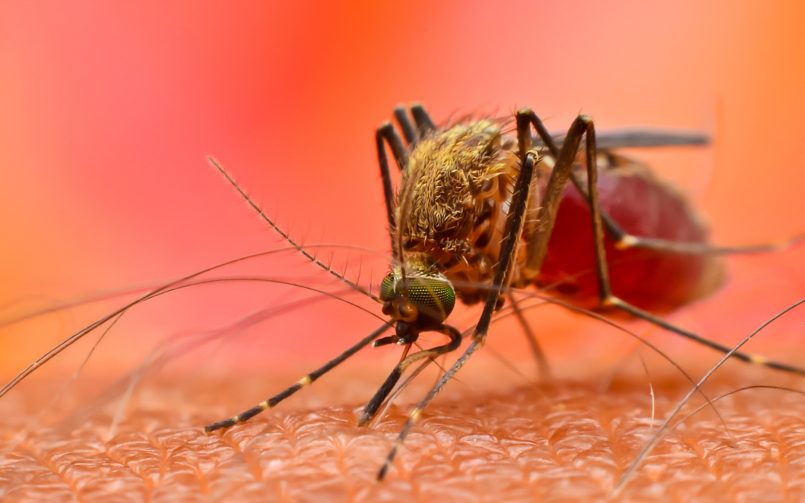
Monsoon season is the most awaited and most wonderful season of the year. It brings relief from summer and also brings smile to most of our faces. At the same time, it also brings lot of diseases along with it to watch out for. This is a season of illness in a tropical country like India. Therefore, we need take lot of care to prevent illness in this season.
There are diseases which can be prevented and can be dealt at home but some dangerous diseases need proper medical guidance. One such dangerous disease is Dengue. Dengue fever has become very prevalent in India over the last few decades. This is a dangerous disease and one should never undermine the seriousness of this disease.
What is dengue?
Dengue fever is caused by Dengue virus (DENV). Carrier of this virus is female Aedes mosquito. The virus enters our body when we are bitten by the mosquito. In India, there are 4 main variants (called serotypes) of dengue. Some of these serotypes are more virulent and dangerous than others. So, there is a possibility of infecting the virus more than once in one’s lifetime.
DENV can cause an acute flu-like illness which occasionally develops into a potentially lethal complication, called severe dengue. Severe dengue is a leading cause of serious illness and death and requires management by medical professionals.
Symptoms:
- High fever for more than 3 days
- Aches and pains (eye pain, typically behind the eyes, muscle, joint, or bone pain)
- Nausea and vomiting
- Weakness
- Headache
- Skin rashes or bruises
- Bleeding from nose
Symptoms of dengue typically last 2–7 days. Most people will recover after about a week.
What to do in Dengue fever?
If you start exhibiting dengue symptoms, consult your healthcare provider immediately. They are likely to recommend a Dengue Test. Your doctor will start managing the fever if required. In addition to the treatment prescribed by your doctor, good hydration and rest play an important role in recovery.
There is no specific medicine to treat dengue. If not tested and diagnosed on time, it can be difficult to manage. There are chances of progressing to a severe form very quickly leading to dengue hemorrhagic fever (DHF) and Dengue Shock Syndrome. These conditions can be fatal and must be avoided early.
- Another risk associated with severe dengue fever is the sudden drop in blood platelets which can present as bleeding from the nose / bluish-red patches on the skin. Severe dengue is a medical emergency. It requires immediate medical care at a clinic or hospital.
How to protect yourself and your family from Dengue Fever?
Prevent Mosquito bites
- Protect yourself and your family from mosquitos
- Prevent mosquito breeding inside and outside your home
- Avoid visiting areas prone to mosquitoes
- Keep your house clean and tidy.
- Do not leave stagnant water lying anywhere in or around the house. It’s very dangerous as these mosquitoes lie on this stagnant water only, it doesn’t matter if it is dirty or clean.
- Keep the doors and windows of the house closed, mostly early in the morning and during the evening.
- Keep your wet garbage separate and throw in a wet bin (which is kept covered)
If there are mosquitoes:
- Wear long-sleeves and long pants to cover your arms and legs.
- Use mosquito nets while sleeping.
- Use mosquito repellents if necessary